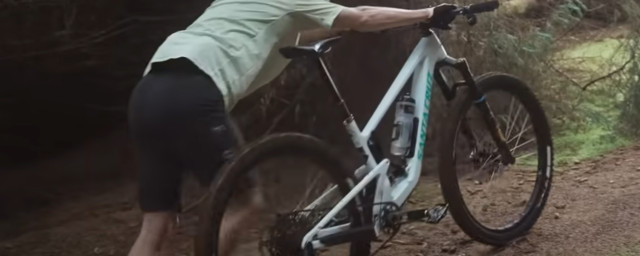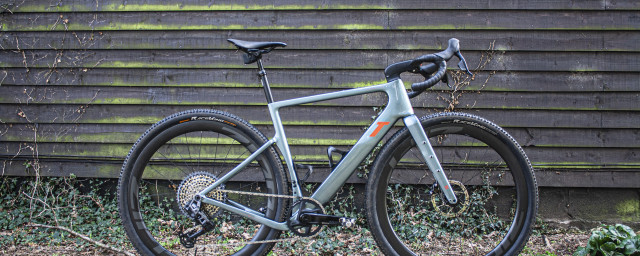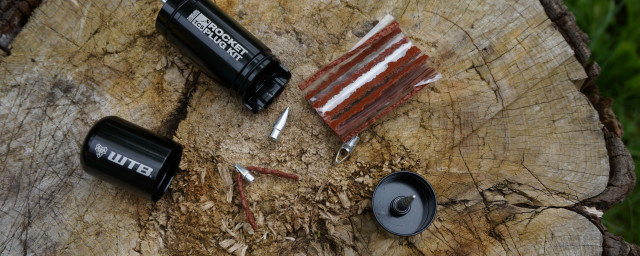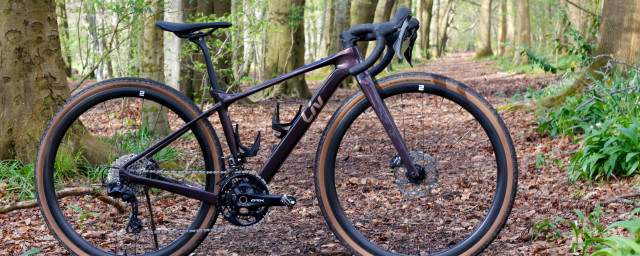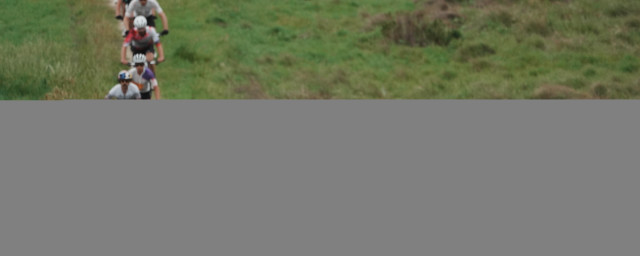UK Wild Camp has plans to charge campers to 'book' pitch in remote locations

Organisation UK Wild Camp headed to the Houses of Parliament last week over a proposed scheme to allow 'wild camping' in two National Parks for a pitch fee of £20. An eruption of anger and concern sees them backtrack after admitting 'kicking over a hornet's nest'.
- Bikepacking basics: bike repair and first-aid kit
- 13 of the best ways to attach gear to your mountain or gravel bike
- Can you spend a night in the hills and still make it into work on time?
A 'pitch fee' of £20 doesn't really scream wild camping to us, the premise of wild camping is sleeping under the stars without the confines of cost, a campsite pitch or close tent neighbours. But bear with us here, the pilot scheme proposed by UK Wild Camp appears to have good intentions. The organisation wanted to allow wild camping more accessible in the South Downs and the Lake District, remembering that other than on Dartmoor, wild camping isn't permitted unless you have permission from the landowner. The scheme would allow campers to access the National Parks much as you can in Scotland where the 'right to roam' allows wild camping pretty much anywhere as long as you follow the Outdoor Acess Code.
UK Wild Camp proposed that the £20 a night pitch fee in these particular areas gets you a grid reference showing you where to pitch and a set of rules to follow and agreed camping dates. Half the £20 fee would go to the landowner, a quarter to the national park and a quarter to UK Wild Camp.
Not that wild I think you'll agree but a little more accessible than trying to track down the landowner for the particular patch you wish to camp on if you were going to play by the rules instead of using a more secretive approach to wild camping.
At the launch in Parliament last week the feelings of anger and concern meant UK Wild Camp withdrew the proposal saying:
"Thanks to all of you who have expressed a point of view about our wild camping pilot. It’s amazing to get such a deluge of comment and correspondence, from a wide range of opinions.
We have had more than 3,000 expressions of support from landowners and would-be campers, wanting to try a night in the wild. We believe there is a real demand for a service like ours, and we’d still love to launch a scheme that brings more people into the wild, without disrupting those that are there already.
The £20 fee (per pitch, not per person) was intended to incentivise landowners to participate. Part of what we were trying to establish in the pilot was the correct price, but wherever we ended up, half it would go to the owner of the land, 25% to the National Parks and the rest to run the platform.
Set against that support, and as one of you put it, we seem to have inadvertently kicked over a hornets' nest among the existing wild camping community.
We’re wild campers too and thought the idea of campaigning to remove the current restrictions would be welcome. We also thought that running a booking scheme for entry-level wild campers, one that would provide them with the security and legitimacy that currently causes them concerns about camping wild, would be understood and welcomed by the wider group. We now see this is not the case!
With this in mind, we are going to suspend our service and have a re-think about how we might revise it. We won’t describe any future version of our service as “wild camping” because for many of you that specifically means free and unplanned camping. Nor are we likely to stray into a debate around relaxing the laws on wild camping, because we now understand this is a highly charged area.
We’ll continue to respond to all who are in touch and, as we rethink our plans, we will be back in contact to consult about how this service might evolve in the future. It’s also worth reminding readers that this is a private initiative rather than one initiated by DEFRA or any of the National Parks. We approached them, and they were good enough to encourage us in our pilot. DEFRA also provided a small amount of seed funding. All complaints to us please, rather than them."
As the country undergoes a government review of our national parks it will be interesting to see how this debate continues. Wild camping is tolerated in many mountainous areas of England and Wales and is a necessity for any aspiring Mountain Leaders to undertake before an assessment, it's here to stay, just how it evolves to allow more people to partake remains to be seen.







